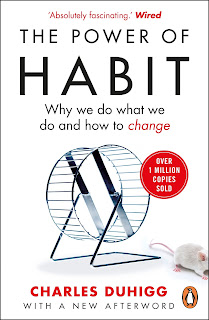I just finished reading Web Scalability for Startup Engineers (Artur Ejsmont, McGraw-Hill Education, 2015, 396 pages). And this is an incredibly good book!
Despite what the title might suggest, this book has something to add for any kind of engineer working on modern software solutions. Even those that, like me at the moment, do not work on a Web application. The truth is that we all have to think scalability on at least one of these several domains: size of data, application performance, monitoring capabilities, amount of features, deployment channels, team and company size, etc.
And this book contains scalability insights on all those fields, and more. It starts with the basics of good software design principles, to then deepen into front-end and back-end scalability techniques, to data storage scalability, to several other aspects related to it. Searching for data being one interesting additional discussion here, for example.
The fact that the book combines good sources, relevant personal experiences from the author, and great diagrams and illustrations, only adds up to making the reading experience worthwhile.
At the end, it also introduces an interesting discussion about one self’s management in terms of personal efficiency growth.
So I can only conclude by saying that I strongly recommend this book for anyone working with modern software systems.


